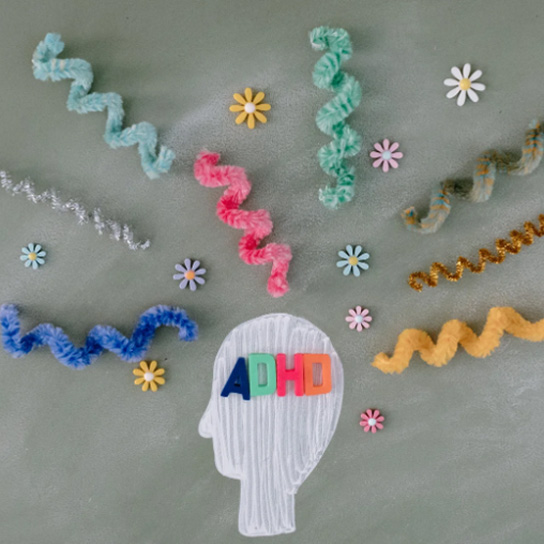What neurodiversity do you have?
I am the proud owner of Attention Deficit Hyperactivity Disorder (ADHD).
How does this manifest?
The best explanation I can give is my brain is like my internet browser, there’s 25 pages open at once and I can’t work out where the music is coming from.
When did you learn about it?
Just last year. Up until then I thought that everyone’s brain ran at 100mph.
How do you navigate it in your job role, are there specific interventions or hacks you’ve come up with?
I actually find that it is more of a benefit than a hindrance in my job (liability claims), because I can have various projects on the go all at the same time and find it really easy to project-hop. I can take on a large workload mentally without finding it draining; in fact, I tend to get bored if I’m not constantly challenged! One thing I do have to do is to keep a notepad open on my system so that if I have an “ooh squirrel” moment and get distracted by another urgent task while in the middle of another, I remember to go back to the first task. I also keep my Microsoft calendar updated with meetings and set reminders for 15 mins before and at the time of the event, because in that 15 minutes I’m bound to have gotten distracted and started something else.
How does your manager support you? When did you talk to them about it and what was that like?
My manager has been absolutely amazing. I told her last year as I wanted to make sure she understood why I am the way I am. She’s such an approachable person though that I wasn’t worried and she understands my decision to remain unmedicated. I can go weeks being able to work in hyperdrive then will hit a wall and spend two days where my brain just doesn’t want to function at all. She doesn’t push me on those days and is great at checking I’m not overcommitting myself as it’s in my nature is to say yes to everything I’m asked to take on. She makes sure that I look after myself too.
How do you communicate your ADHD to people you work with, are there expectations you set or communications styles you ask for?

My team and the other people I work with in my department are all aware that I have ADHD (or as we call it, I’m ‘neurospicy’). They know and accept that I can come across very excitable and remind me to take a breath when I get carried away talking about something that has piqued my interest. I do sometimes have to ask people to be patient, especially if I’m having a day where it’s taking longer for things to get from my ears to my brain. Rather than asking them to repeat themselves, they know to give me a few minutes while my brain lag to catch up.
What are your favourite things about ADHD, what benefits do you think it brings your role?
I love the fact that I’m always ready to take on a new challenge. I can take on so many more opportunities because I know that I don’t get overwhelmed and can keep up with my day job too.
In what ways do you think we could be doing more to enable neurodiversity at RSA? And in society?
Within my department I feel like we’re already great at helping with neurodiverse people as they really turn our quirks into advantages. As a wider business, it would be nice to see more articles making neurotypical people more aware of what to expect from any neurodiverse people they may come across in life and how they can support them. The biggest step is asking how the business can help neurodiverse colleagues, as we all have different symptoms/requirements. That way support can really be tailored. It would also be good to see some training rolled out to leadership so that they are more knowledgeable too.
Have you noticed any change in attitudes towards neurodiversity? If so, why do you think that is?
I think it’s becoming much more accepted in society as a whole, although that seems to be going along with general societal traits. Social media has definitely helped to shine a light on us ‘neurospicy’ people and show people both the challenges we face and the way it benefits us.
Are there any specific challenges you’ve managed to overcome you’d like to share that might benefit others?
I used to suffer from severe anxiety – to the point that I was housebound, wouldn’t answer the door, answer the phone etc. I eventually got the courage to speak to my GP and together we worked through a plan to get me back up and running. I set myself small, achievable challenges each day and eventually was ready to get back to work. My biggest lesson from that was that you’re never alone and you can overcome anything with the right help.
In what ways might neurodiverse skillsets present opportunities for insurance/ the economy?
Neurodiversity can bring so many advantages, purely because our minds are naturally programmed to think outside the box. Once a neurodiverse person is put in an environment where they feel comfortable unmasking and showing their true personality, they can be the biggest asset!
